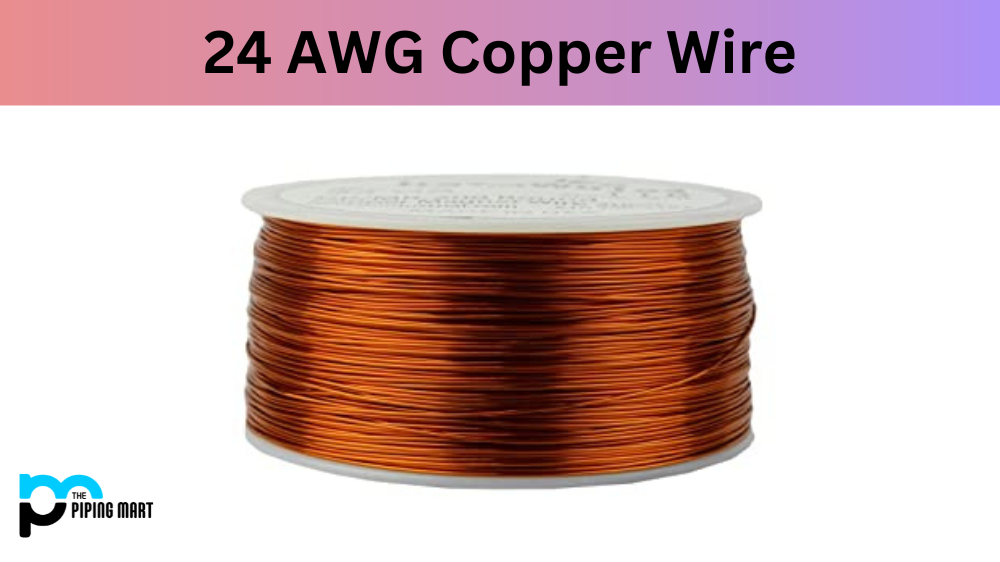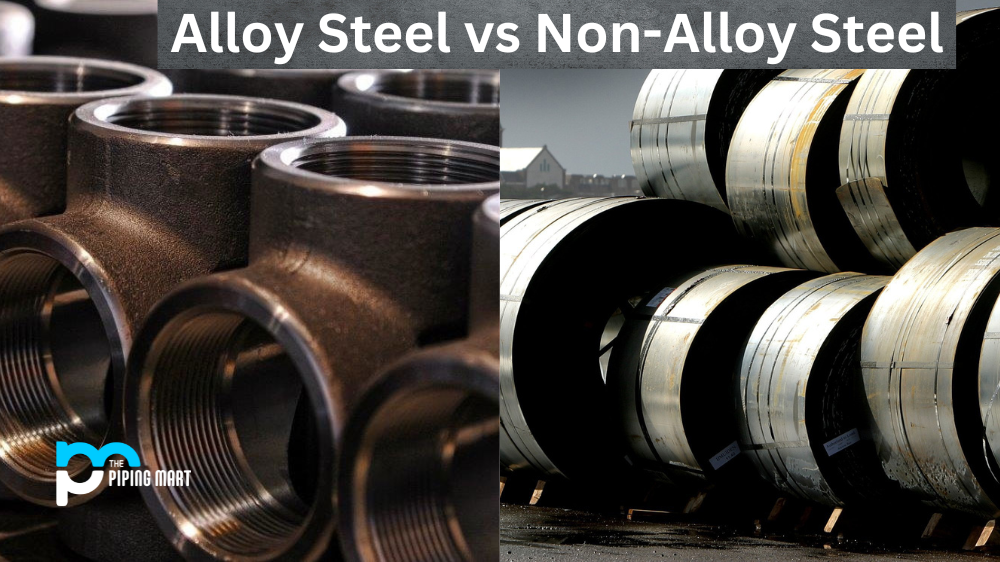If you’re in the business of wiring or electronics, then you’ve likely heard of 24 AWG copper wire. But what does this mean? 24 AWG (American Wire Gauge) is a standardized measurement that indicates the thickness of a piece of copper wire. In this blog post, we’ll cover what exactly 24 AWG copper wire is, its benefits, and why it’s commonly used in electrical systems.
24 AWG Copper Wire
24 AWG copper wire is a type of electrical wiring that consists of 24 gauge copper strands insulated with a plastic covering. The number “24” indicates the maximum size of each individual strand in the cable. The higher the number, the thinner and more flexible the cable will be. This type of wire is commonly used for home wiring projects such as connecting lights, outlets, and appliances to power sources.
In addition to being thin and flexible, 24 AWG copper wires are also highly conductive, which makes them an excellent choice for electricians when working on residential projects. They are also quite affordable when compared to other types of cables and wires. As a result, many homeowners opt for this type of wiring when they are looking for an efficient and cost-effective way to complete their projects.
24 AWG Copper Wire Benefits
When it comes to safety and reliability, there are many advantages to using 24AWG copper wire over other types of wiring material, such as aluminum or steel. First off, it’s extremely durable due to its high conductivity level, which means that even if exposed to extreme temperatures or levels of moisture, it will remain intact without suffering any damage or deteriorating in quality. Furthermore, it has great heat resistance, which helps prevent overheating and possible fires caused by faulty connections or poorly insulated wires. It also has a low signal loss, which makes it ideal for long runs since signals don’t have far to travel before reaching their destination without losing any information along the way. Lastly, because it’s so thin and flexible, it can be run through tight spaces making hiding wires much easier than with thicker materials like aluminum or steel wires.
24 AWG Copper Wire Uses
Electrical wiring
One of the most common uses for 24 awg copper wire is electrical wiring. This type of wire is typically used for low-voltage applications, such as in homes and office buildings. The wire is also used in some automotive applications.
Data transmission
24 awg copper wire is also commonly used in data transmission applications. This type of wire is typically used to connect computer components, such as hard drives and motherboards. The wire can also be used to connect electronic devices, such as printers and scanners.
Telecommunications
24 awg copper wire is also used in telecommunications applications. This type of wire is typically used to connect telephone components, such as handsets and switches. The wire can also be used to connect electronic devices, such as modems and routers.
Electrical equipment
24 awg copper wire is also used in electrical equipment. This type of wire is typically used to connect electrical components, such as motors and generators. The wire can also be used to connect electronic devices, such as circuit breakers and fuse boxes.
Appliances
24 awg copper wire is also used in appliances. This type of wire is typically used to connect electrical components, such as heating elements and thermostats. The wire can also be used to connect electronic devices, such as timers and clocks
Conclusion:
To summarize, when considering your next wiring project, you should strongly consider using 24AWG copper wire as its flexibility and durability make it perfect for both residential applications as well as commercial ones, such as connecting equipment in factories or warehouses where space may be limited but still needs reliable connections between different components. Its heat resistance also makes it an excellent choice for protecting against potential fire hazards, while its low signal loss ensures that your signals won’t suffer any degradation over long runs making your system reliable even over long distances. With all these factors considered, plus its cost-effectiveness compared to other materials out there, using 24AWG copper wire makes sense both economically and practically speaking! Intended Audience: Electrical professionals and DIYers alike who need to know more about why they should use this type of wiring material for their projects.

A passionate metal industry expert and blogger. With over 5 years of experience in the field, Palak brings a wealth of knowledge and insight to her writing. Whether discussing the latest trends in the metal industry or sharing tips, she is dedicated to helping others succeed in the metal industry.




